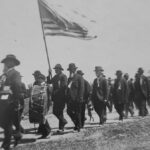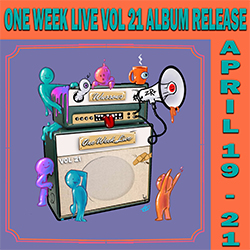Bullhorn Permit??
One of my buddies was horsing around with a megaphone this weekend – he was announcing an impromptu ski race. The police showed up and told him that he needed a “megaphone permit” in order to OWN a megaphone [perhaps he meant “use”?]. Anyway – we have been reviewing the city permit page and can’t find the requisite paperwork. Should the authorities have referenced a different regulation? Anybody have experience with this?
Recommended Links:
Leave a Comment
Only registered members can post a comment , Login / Register Here













41 Comments
Paul Lundgren
about 11 years agoShane
about 11 years agowskyline
about 11 years agoEmerickson
about 11 years agoBarrett Chase
about 11 years ago[email protected]
about 11 years ago[email protected]
about 11 years agoEmerickson
about 11 years agoPaul Lundgren
about 11 years ago[email protected]
about 11 years agoBarrett Chase
about 11 years agoPaul Lundgren
about 11 years agoShane
about 11 years ago[email protected]
about 11 years agoduluth_bishop
about 11 years agoAllen Richardson
about 11 years agoShane
about 11 years agomoosetracks
about 11 years agoPaul Lundgren
about 11 years agoTerry G.
about 11 years agoBarrett Chase
about 11 years agogluvin
about 11 years agoBarrett Chase
about 11 years ago[email protected]
about 11 years agoBarrett Chase
about 11 years ago[email protected]
about 11 years agoBarrett Chase
about 11 years agoTimK
about 11 years ago[email protected]
about 11 years agobaci
about 11 years agoemmadogs
about 11 years agoChickonen
about 11 years agoChickonen
about 11 years agoBarrett Chase
about 11 years agoChickonen
about 11 years agoBarrett Chase
about 11 years agoShane
about 11 years agoBarrett Chase
about 11 years agolojasmo
about 11 years agolojasmo
about 11 years agomlatsch
about 11 years ago